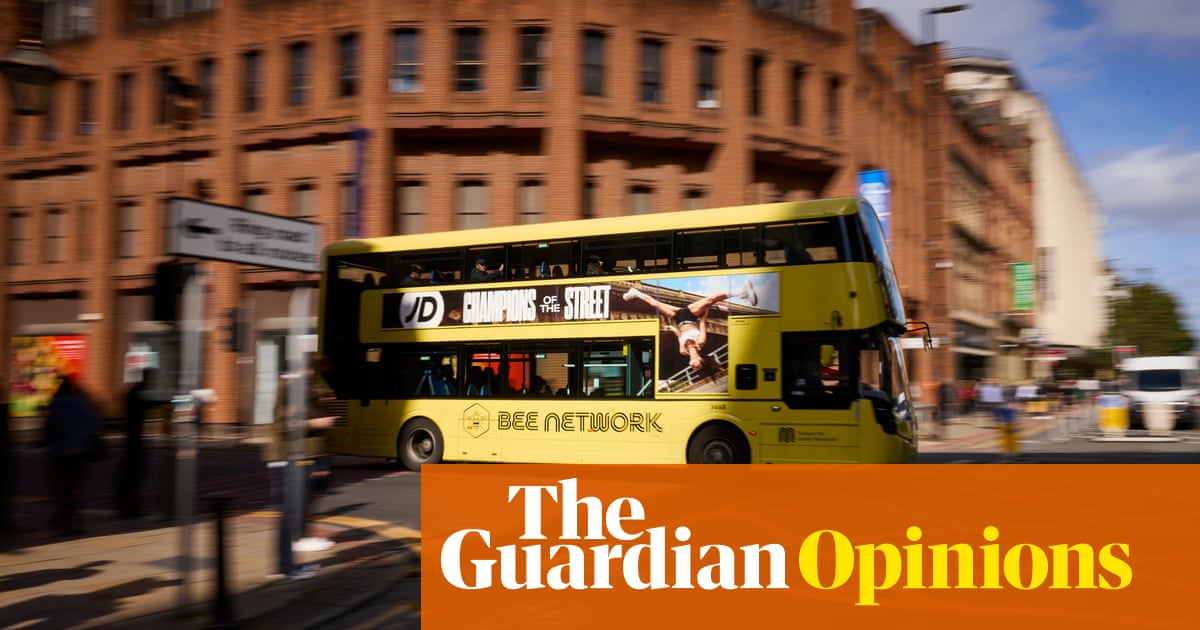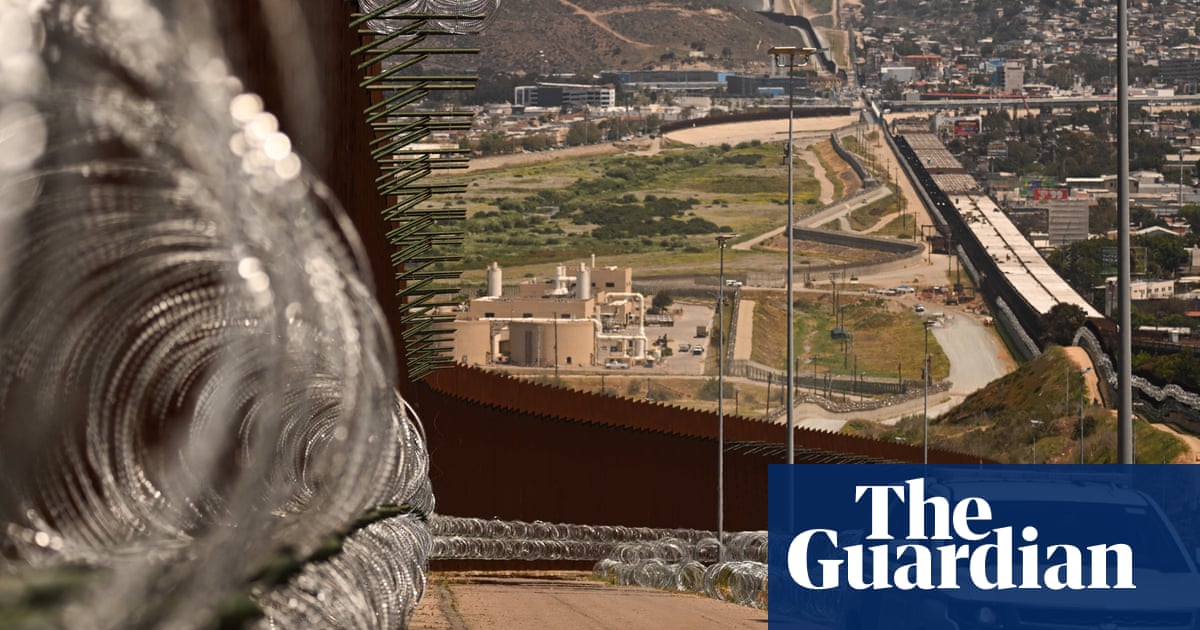How do you reduce immigration while at the same time boosting growth? Labour’s recent immigration white paper sets out a supposedly clear answer. Since the recent “surge” in immigration was driven by the system shifting away from “higher-skilled migration”, it has “distorted the labour market” and undermined the UK’s productivity and GDP.
This argument, which has been made in increasingly shrill tones by the rightwing press and thinktanks over the past two years, was echoed by the prime minister, Keir Starmer, who tweeted that “the Tories ran an immigration system that relied on cheap foreign labour”. It sounds plausible. There’s just one problem. It doesn’t fit the facts, and the government knows it.
If recent migrants were indeed overwhelmingly low-skilled and low-paid, we’d expect to see that in the data. But the most recent release from HMRC on this topic – based not on survey data, but on what employers actually report on their PAYE returns – shows that migrant workers, both those from the EU and beyond, have slightly higher median earnings than workers of UK origin. The two largest nationality groups among recent migrants – Indians and Nigerians – also outperform. It’s very telling that HMRC’s simple chart showing this, and indeed any reference to what the evidence and data actually reveals about migrant wages, is entirely absent from the white paper.
Of course, that’s just migrants who are employed. What about the “dependants” that the white paper also complains about? Despite the name – which refers to their visa, not their economic status – the evidence suggests most are in fact working. As the Office for National Statistics (ONS) concludes, “migrants have been increasingly successful in joining the workforce”.
So migrants – who are (unsurprisingly) more likely to be of working age – are overall more likely to be in work and have slightly higher wages. It follows almost automatically as a matter of arithmetic that their short-term impact is to boost, not reduce, GDP per capita. Indeed, that’s exactly what the ONS says.
What about the longer-term impacts, though? Does migration reduce the incentive to invest in skills and training, and hence depress productivity? Here it’s harder to prove the case one way or the other. But again, yesterday’s white paper doesn’t even try. What evidence we have suggests that overall migration is at least mildly positive for UK productivity, and that the country’s well-documented, and very longstanding, problems with training and investment in people have little if anything to do with the immigration system.
Meanwhile, the specific policies announced in the white paper are a mix of the (potentially) good, the bad and the genuinely ugly. Ending the excessive reliance of the care sector on low-paid and often exploited migrant workers by improving pay and conditions is something almost everyone can agree on. But how? These jobs need to be done, after all. The white paper says that “fair pay agreements” will solve the problem. But that’s a means, not an end; if the end is higher pay, someone needs to find the money, and ultimately that can only be taxpayers or those who need care and their relatives. Unsurprisingly, the prime minister wasn’t exactly forthcoming on this score.
What about students? The university sector will be relieved that the graduate visa has only been shortened to 18 months rather than drastically curtailed. But the proposed “levy” on international students’ fees is no such thing. It is simply a tax on one of the UK’s most successful exports: university tuition. A tariff, in other words, but one we are imposing on ourselves. The government has, quite understandably, expended huge amounts of diplomatic effort on minimising the damage done by tariffs to key UK export sectors by negotiating a “deal” with the US president, Donald Trump. Today, however, it turned around an imposed one on itself. There is no logic here.
Finally, the ugly. The white paper includes proposals to make some people who came to the UK to work – care workers and so on – wait for a full 10 years before they qualify for settlement and then citizenship. Meanwhile, others who No 10 described as “high-skilled, high-contributing individuals” – including, for example, “AI leaders” – would be “fast-tracked”. This isn’t just mean-spirited. It moves us closer towards a “guest worker” model for lower-paid migrants, in which the government does its best to discourage people who have made their lives here to leave again rather than to settle and become British citizens, as so many immigrants to this country have done before. It will actively damage integration and community cohesion, increasing the “churn” of short-term migration without having much impact on net migration.
Nor is it even popular. It’s well known that while the majority of the public want to see a reduction in immigration, they are also very positive about people coming to work in the care sector or the NHS – but much less so about bankers and, I’d guess, the “AI leaders” the government is so keen on. What’s less well known is that most people think the current time frame for settlement – five years in most cases – is if anything too long.
The UK is actually very good – and much better than most European countries – at integrating migrants, because most Britons, and most migrants, want integration. Enoch Powell claimed that immigration had made white Britons “strangers in their own country”; Starmer echoed him yesterday with his reference to an “island of strangers”. We – not me, not my family with its mix of first-, second- and third-generation migrant backgrounds, and not the vast majority of Britons of all ethnic origins – are not “strangers” here. The rhetoric and policy we saw yesterday will take us backward to a much uglier, and more dangerous, place.
-
Jonathan Portes is professor of economics and public policy at King’s College London and a former senior civil servant

 5 hours ago
6
5 hours ago
6













































